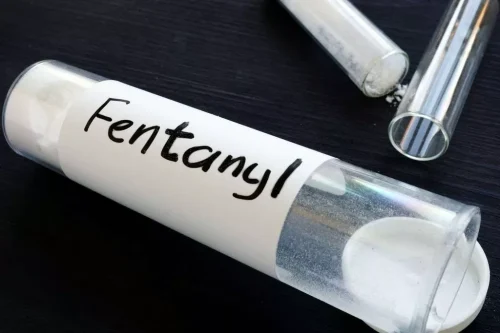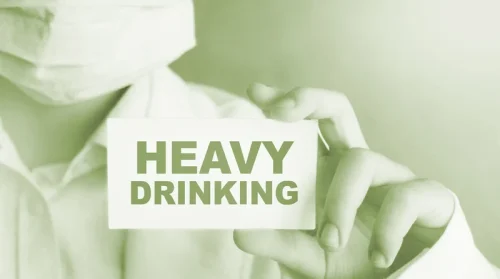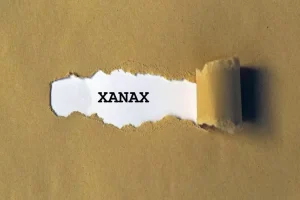Taking time to focus on gratitude, especially during the holidays, allows us to be present, content, and feel more positive emotion. Just being grateful for the gift of recovery is a great place to start your gratitude practice. We publish material that is researched, cited, edited and reviewed by licensed medical professionals. The information we provide is not intended to be a substitute for professional medical advice, diagnosis or treatment. It should not be used in place of the advice of your physician or other qualified healthcare providers. Once your mind starts associating these objects with gratitude, you will naturally begin to feel more positive every time you see them.

How to Maintain an Attitude of Gratitude During Recovery

In particular, individuals are urged to practice gratitude in recovery. While in the throes of active addiction, the ability to experience gratitude may be diminished. There are simple ways to incorporate gratitude enhancing activities into any daily routine. Aside from the why is gratitude important in recovery positive energy it brings, gratitude helps us to focus on the present moment and its blessings right now. We don’t want to dwell on the past and its mistakes, or the future and its unknown. This mindfulness helps us deal with stress, anxiety, and cravings in a healthy way.
Can cultivating a thankful mindset be used in conjunction with other addiction recovery methods?
It can also help you cope with stress, improve mood, and enhance relationships. Conditioning your mind to be thankful instead of sorry is a sure sign your attitude of gratitude is improving. Another way to practice gratitude is to shift the tone https://ecosoberhouse.com/ of your conversations to eliminate self-blame. Instead of responding to questions with “I’m sorry,” or worse, using “I’m sorry” as a greeting, like “I’m sorry I’m late,” or “I’m sorry for taking so long to email you,” say “thank you” instead.
The Power of Gratitude in Recovery

Your addiction may have led you down a destructive path, but now you’re choosing to live a better life. Big Book is a central theme, however being grateful may not come easily at first. But like anything else, we can work on developing an “attitude of gratitude” until it becomes a habit. Eleanor Health is here to help you build your confidence and momentum towards the future you want. We provide treatment services for adults with alcohol, opioid, and other substance use disorders. We are currently located in Louisiana, Massachusetts, North Carolina, New Jersey, Ohio, Texas, and Washington.
- It is also about developing gratitude, honesty, responsibility, and other essential life skills that can help you achieve lasting sobriety and healthy living.
- It also helps individuals to appreciate the simple things in life and find joy in the present moment, which can be especially important when facing the challenges of addiction recovery.
- Many times people with an alcohol use disorder (AUD) or substance use disorder (SUD) can quickly go down this path of negative thinking.
- First, you can focus on what you’ve done for yourself, on how far you’ve come, and on how many steps you’ve taken in the right direction.
By expressing thankfulness for everything you have in your life, you can begin to see the glass as half full rather than half empty. Additionally, gratitude has been linked with increased resilience, better sleep, and improved physical and mental health. So, if you’re looking for a way to boost your recovery, start by practicing gratitude. In the often-turbulent journey of addiction recovery, feelings of gratitude can play an important role in helping you feel secure and connected. On the one hand, gratitude arises from within, helping you focus on and appreciate your own experiences instead of projecting those experiences outwards onto others. By cultivating an attitude of gratitude for your inner resources and qualities, you give yourself a foundation of strength that can help you weather difficult times.
How does gratitude help addiction recovery?
How Gratitude Benefits Mental Health and Brain Function
- But there are proactive steps you can take to make it a seamless part of your life as quickly as possible.
- Settings aside some daily moments of reflection where you express thankfulness can also work wonders in developing positive outlooks.
- It’s also important for people with substance use disorder to find drug-free activities to enjoy.
- You can use them in your journal or just think about them in your mind.
- You can incorporate exercises, activities, or actions into your daily life to support your recovery.


